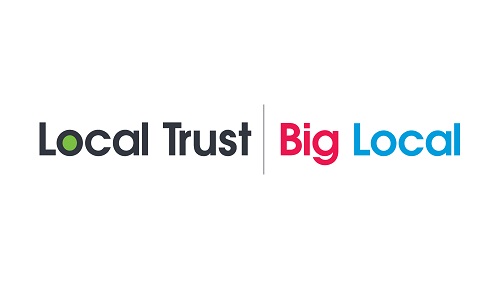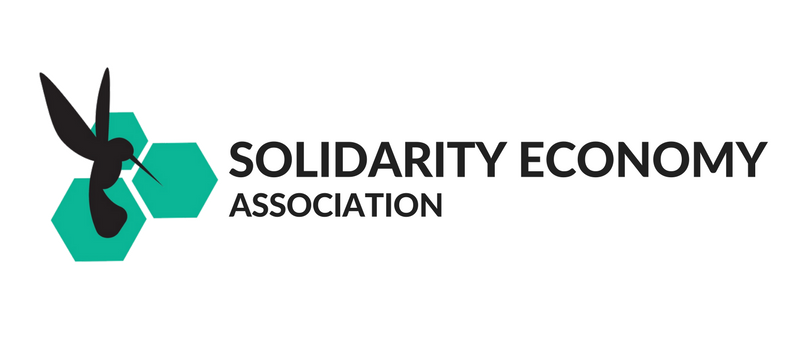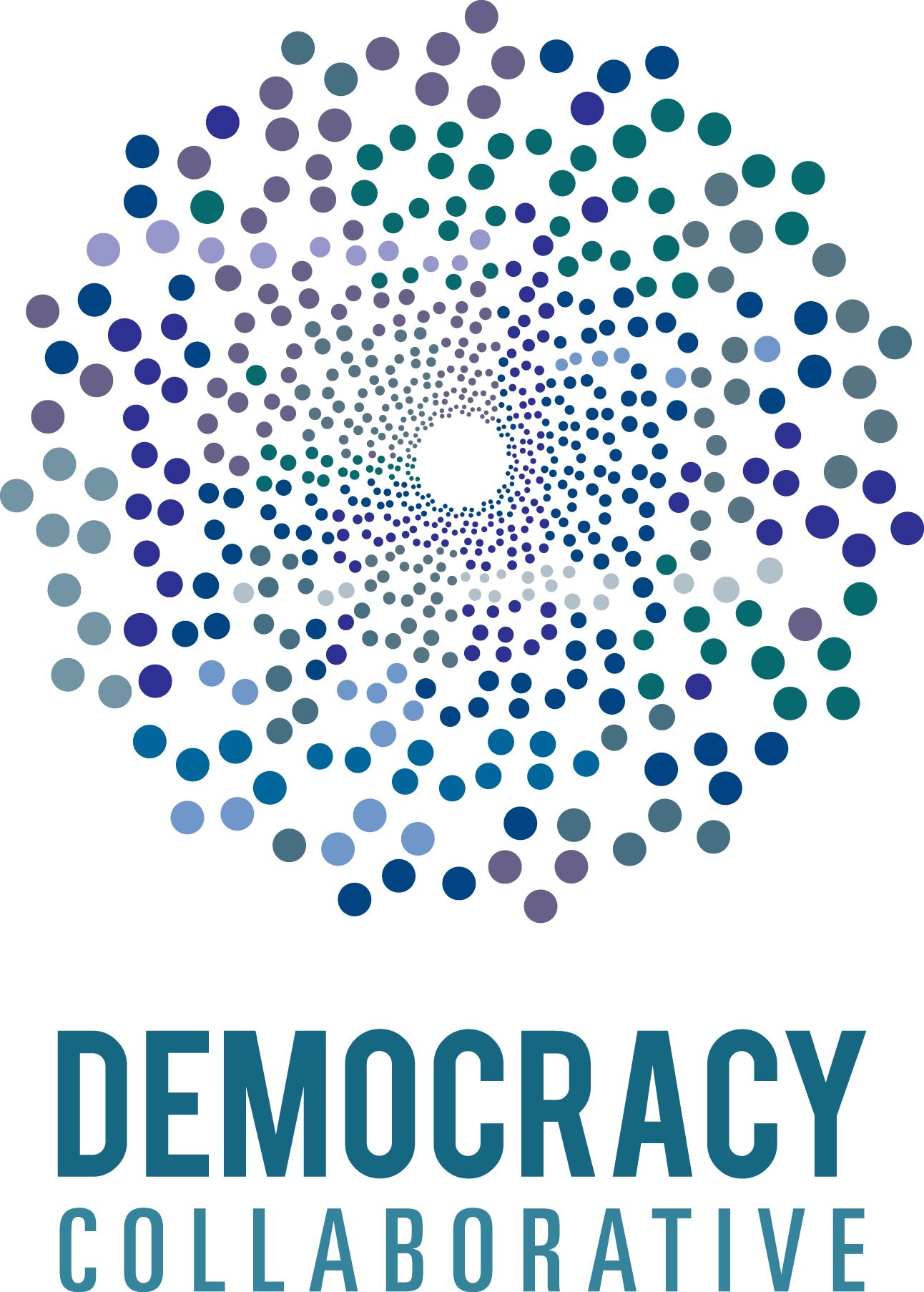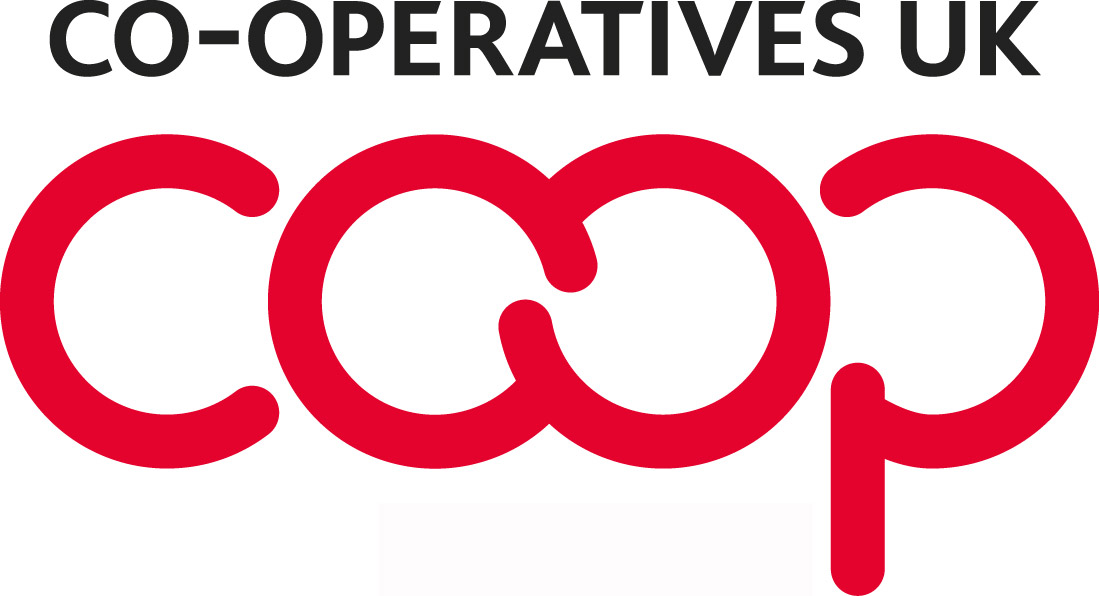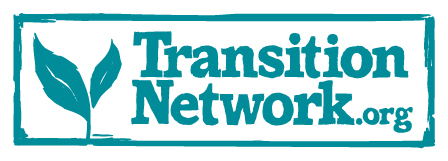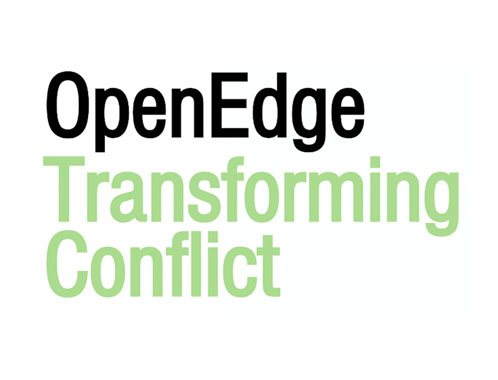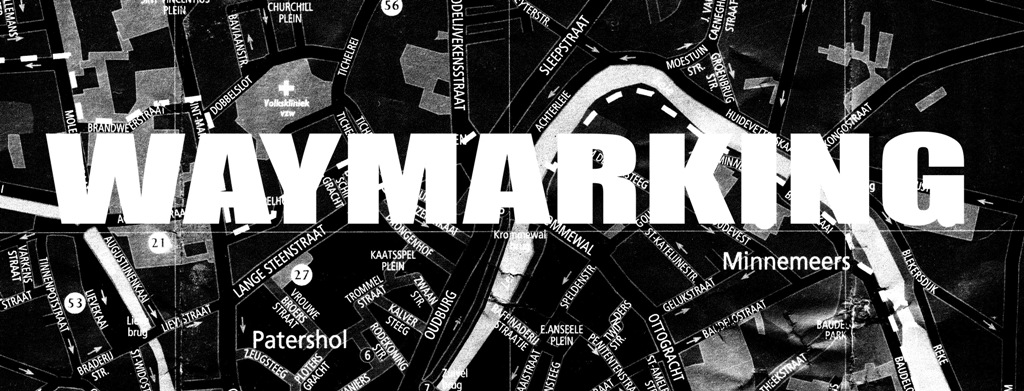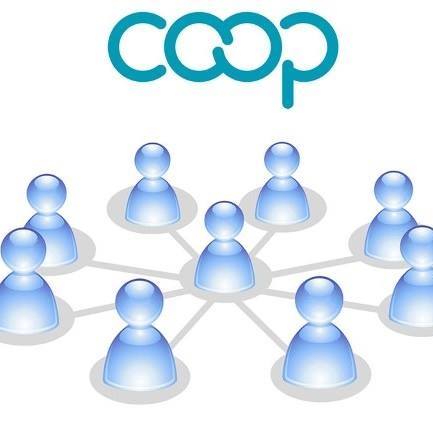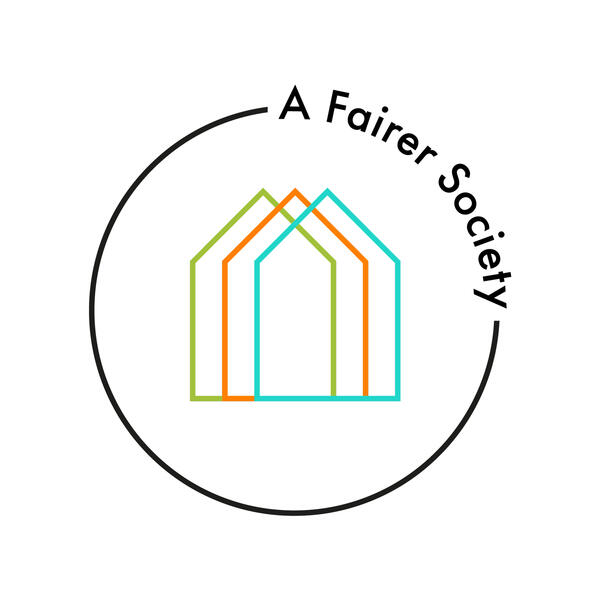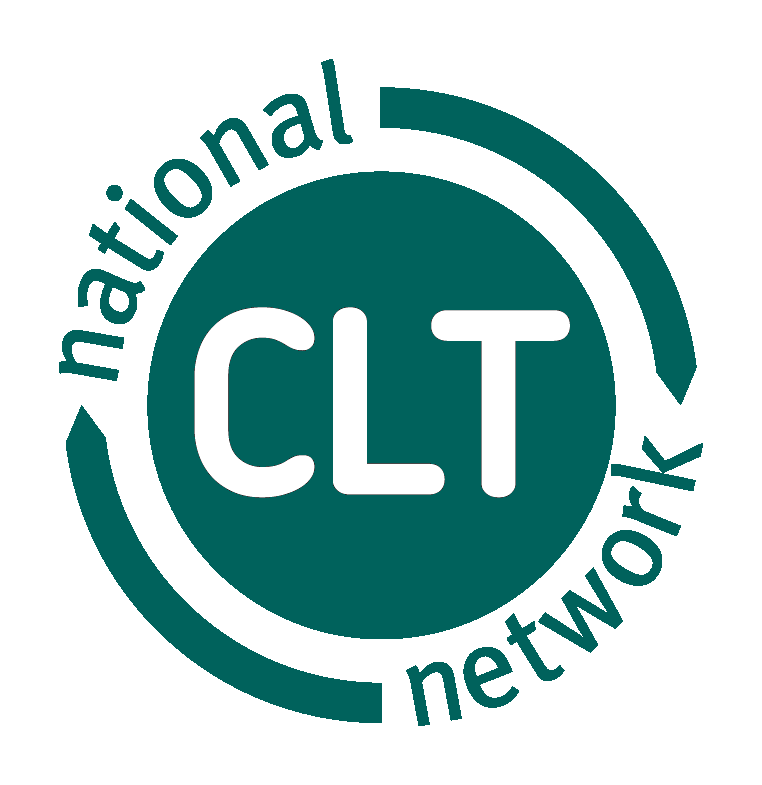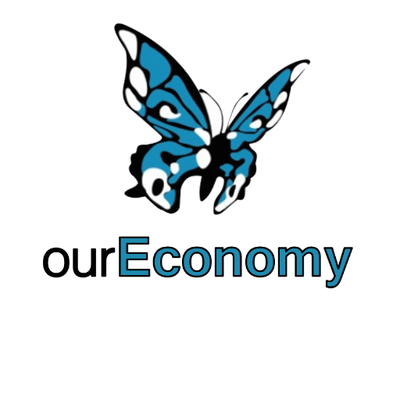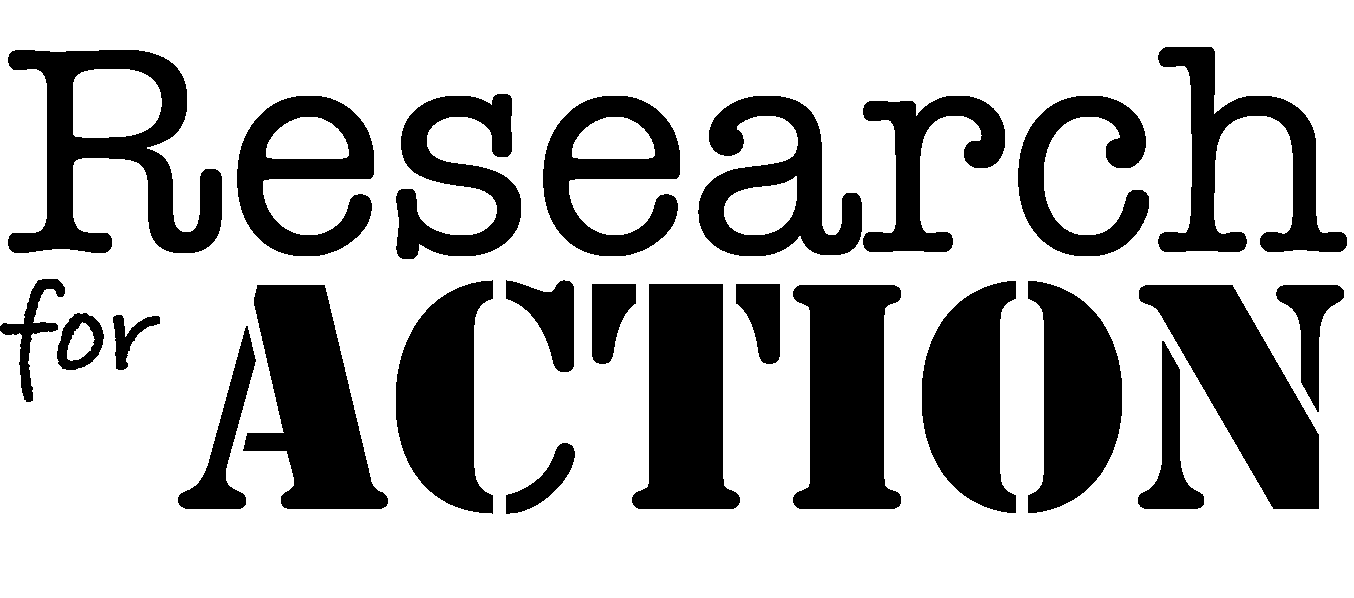Of Convergences – Local to Global
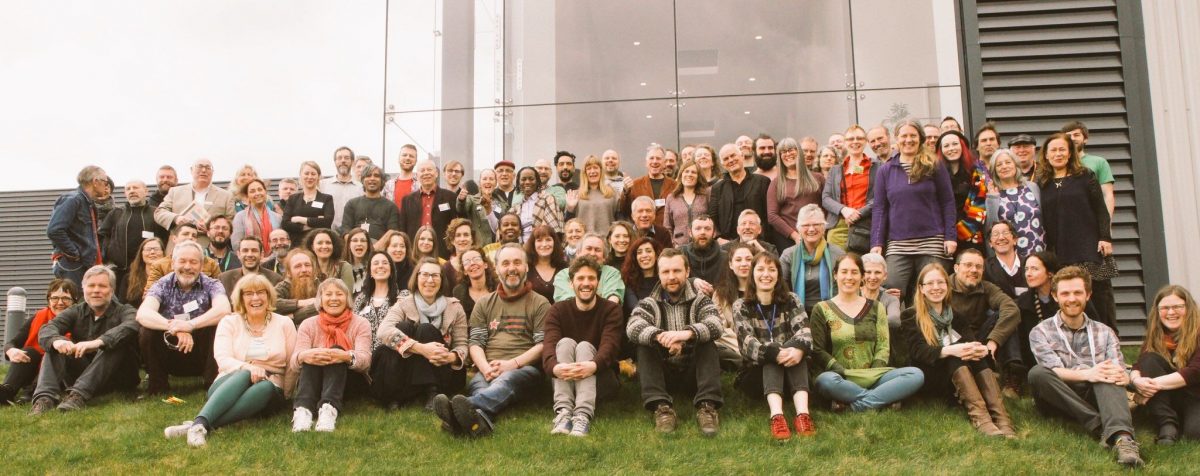
A guest post by Jay Tompt of CTRLshift Partner, The Totnes REconomy Centre. Originally published on his Enterprising Ecosystems blog
“For everything that rises must converge.” – Pierre Teilhard de Chardin
These words from Teilhard de Chardin carry wisdom that many who have tread whichever path toward spiritual liberation will appreciate. There are many paths to the mountaintop of enlightenment. Might this also hold some truth for the pursuit of collective or social enlightenment? Who knows? But in the context of movement building, I’d like to propose something like the inverse, that everything that converges must rise.

I’ve recently returned from the planning conference for the next World Social Forum (May, 2020 in Barcelona), which will be focused on Transformative Economies (www.transformadora.org). It aims to be a global convergence event for the many streams of the broader but still disconnected range of work on implementing, explicitly or implicitly, economies that are just, inclusive, ecologically wise, socially regenerative and resilient – solidarity economy, relocalisation, social enterprise, etc.
It was very interesting for many reasons, but principally for making clear the wisdom of convening participatory ‘convergence events’ at every scale – local, regional, national, and international. Creating these kinds of spaces was identified as a key strategy for building transversal, inclusive connections across territories and lines of work, (including people working on education, mental health, migration issues, housing and homelessness, for example), as well as for building connections ‘up and down’ – from local to regional to national and international actors. ‘Convergence’ in this sense is about bringing the diverse streams of diverse movements and experience together for the purpose of sharing, learning, self aligning and self organising around common purpose. The interpersonal relationships that result create the necessary conditions for building an effective movement that is both broad and deep, reducing siloed thinking and fragmented action, increasing opportunities for ‘joined up’ thinking and collaborations that amplify outcomes.
This was also identified as a key strategy for diffusing innovation and ‘know how’. This historical moment demands fewer ‘talking shops’ and more practical action, spreading the innovations that are working to wherever else they can work. In other words, doing things. This requires knowing which are the appropriate things to do and the guidance and instruction on how to do them effectively. In other words, ‘know how’. When these kinds of events include a diverse mix of those with varying degrees of practical experience and theoretical knowledge – very often found in the same people – there can be rich, face to face interchange, an essential condition for teaching and learning.
Finally, converging the various streams of people working for diverse ‘brands’ of transformative economies – relocalisation, solidarity, regenerative, wellbeing, etc. – was identified as a key driver for building resilience and adaptability. There is no one size fits all economic alternative to the globalised, centralising, corporate, growth-at-whatever cost system so often labeled ‘neoliberal capitalism’. There is no ‘silver bullet’ policy, model or campaign, nor ‘magic word’ narrative that will deliver the kind of transformation we need. Rather, the diversity of contexts across the UK, Europe and the rest of the world require a diversity of models and approaches, bottom up, side to side, and top down. By embracing and valuing the diversity, we create the conditions for radical inclusion, learning, innovation and, therefore, adaptability.
These are just some of the lessons I took away from the conference. They comport well with the lessons learned from other convergence events I’ve helped to organise. The Devon Convergence is a smaller scale, regional event that for the past four years has spawned new initiatives and strengthened existing ones. The experience of the 2018 CTRLshift Emergency Summit for Change, a national convergence event, has been similar.

This is why I’ve been involved in helping to organise the 2019 CTRLshift Summit, happening in Stoke, May 8-10. It will bring together an amazing group of changemakers from across Britain who have committed to exploring how we can learn from each other, share the know how gained from working in projects that deliver results, and self organise around common goals. The possible immediate outcomes include larger scale collaborations and supporting many more convergence events across the country, among other proposals already being discussed.
With the knowledge that we must halve carbon emissions in the next decade to give a chance of avoiding the worst climate breakdown scenarios, we know we must act with unprecedented care and speed to utterly transform our society. And that’s just one aspect of a complex of interrelated crises we face. The implications are difficult to grasp intellectually, but we might all agree that solutions must include shifting the economic system toward bioregionally appropriate models which will meet everyone’s needs equitably. And that we must shift the political system in ways that really empower citizens, communities, towns, cities and regions. Convening participatory convergence spaces like CTRLshift will be part of this process, bringing diverse groupings of people, organisations and networks together, to solve common challenges and self organise for common purpose. Hopefully, this will build the kind of movement that can endure and develop for the next many years, rising to meet the incredible challenge of building a new society together.

